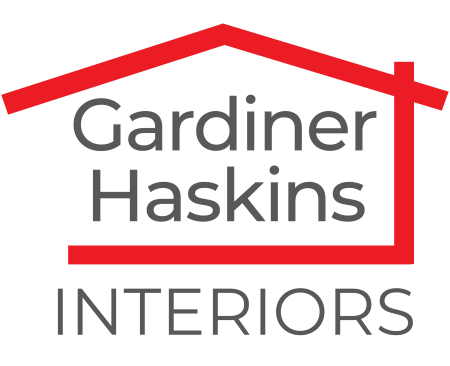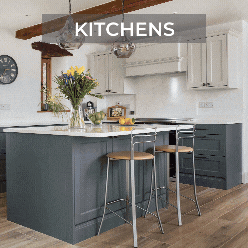In case you missed it see what’s in this section
Let's Talk
4 Types of Mortgages and What You Should Know About Them
If anyone tells you that all mortgages are the same, don't believe it. There are as many different kinds of mortgages as there are personal loans. Mortgages vary greatly depending on who's offering them, who wants them, and market conditions. There is no single mortgage right for every situation.
Our mortgage market in the UK is similar to what you would find in Australia, Canada, and the US. Mortgages are made by both public and private lenders, and they can be obtained by going directly to lenders or working with a mortgage broker. The existence of so many options gives home buyers plenty to work with.
With our own housing market heating up, especially among first-time buyers, it's important that consumers understand all the different mortgage options they might be offered. Below are descriptions of four types of mortgages along with some key facts that consumers need to know.
1. Variable Rate Mortgage
Every mortgage comes with a set interest rate. A variable interest rate is one that can change over time. You might start out at a rate of 3.5% now, only to have it jump to 3.6% at the start of next year. Interest rates fluctuate based on a variety of economic variables.
Your typical variable rate mortgage in the UK is one with a short term. That means a 3-5-year mortgage designed as an introductory offer. Here's how it works: you get a short-term mortgage with an exceptionally low rate to bring you on board with that lender. The expectation is that you will remortgage at a higher rate later on.
Banks use these sorts of mortgages to drum up new business. It works, which is why there is such a strong market for remortgage products. Buyers love lower interest rates that help them get into the houses they want. They are willing to settle for a higher rate down the road.
2. Fixed Rate Mortgage
A fixed rate mortgage can also be a short-term deal intended to drum up new business. It doesn't have to be, though. A fixed rate mortgage is a mortgage with an interest rate that does not change over the entire life of the loan. If your bank offers you a fixed rate of 3.6% over 15 years, it will stay at 3.6% until the mortgage is paid off.
The question for buyers is whether or not they prefer the stability of a fixed rate over the potential of getting a lower rate with a variable rate mortgage. That is where the advice of a mortgage broker comes in very handy.
Imagine you are sitting down with a broker for the first time. This mortgage broker's report shows you can save one half of 1% on your mortgage interest by going with a short-term, variable rate deal. But this report also shows that remortgaging down the road could mean paying up to a full percentage point more. Which is best for your long-term financial health?
3. Interest-Only Mortgage
An interest-only mortgage is a mortgage on which you only make interest payments month-to-month. You do not actually pay the principal until the loan's maturity date. Interest-only loans are offered on the premise that they guarantee much lower monthly payments and are therefore more affordable. But there is a catch – and it's a big one.
An interest-only mortgage requires a single balloon payment on the date of maturity. Let's say you borrowed £100,000 on an interest-only mortgage for 15 years. Yes, your monthly payments would be more affordable for those 15 years. But on the final payment date, that month's interest payment plus the full amount you borrowed will be due. Between now and then you are going to have to save £100,000.
For the record, interest-only mortgages are not as popular as they once were. We have come to understand they were a big contributor to the housing crash of a decade ago. A lot of people who took out interest-only mortgages in the late 1980s and early 1990s suddenly couldn't pay the bill when it came due.
4. No Deposit Mortgage
Last but not least is the no deposit mortgage. A traditional mortgage requires that you make a down payment. The lender finances the remaining balance. A no deposit mortgage is one in which the bank finances 100% of the sale. You make no down payment.
The obvious benefit here is that you don't have to save up a sizeable deposit. The downside is that you will pay more for the privilege of borrowing. The more you borrow, the longer it will take you to pay off your loan. The longer it takes, the more interest you will pay. Furthermore, no deposit mortgages typically carry high interest rates.
There are other types of mortgages you can get in the UK. These four should give you an idea of the variation. If you intend to buy a house in the near future, do yourself a favour and use a mortgage broker. A broker is the most qualified person to advise you on the right mortgage for your circumstances.
Weather in Bath
Listings


















